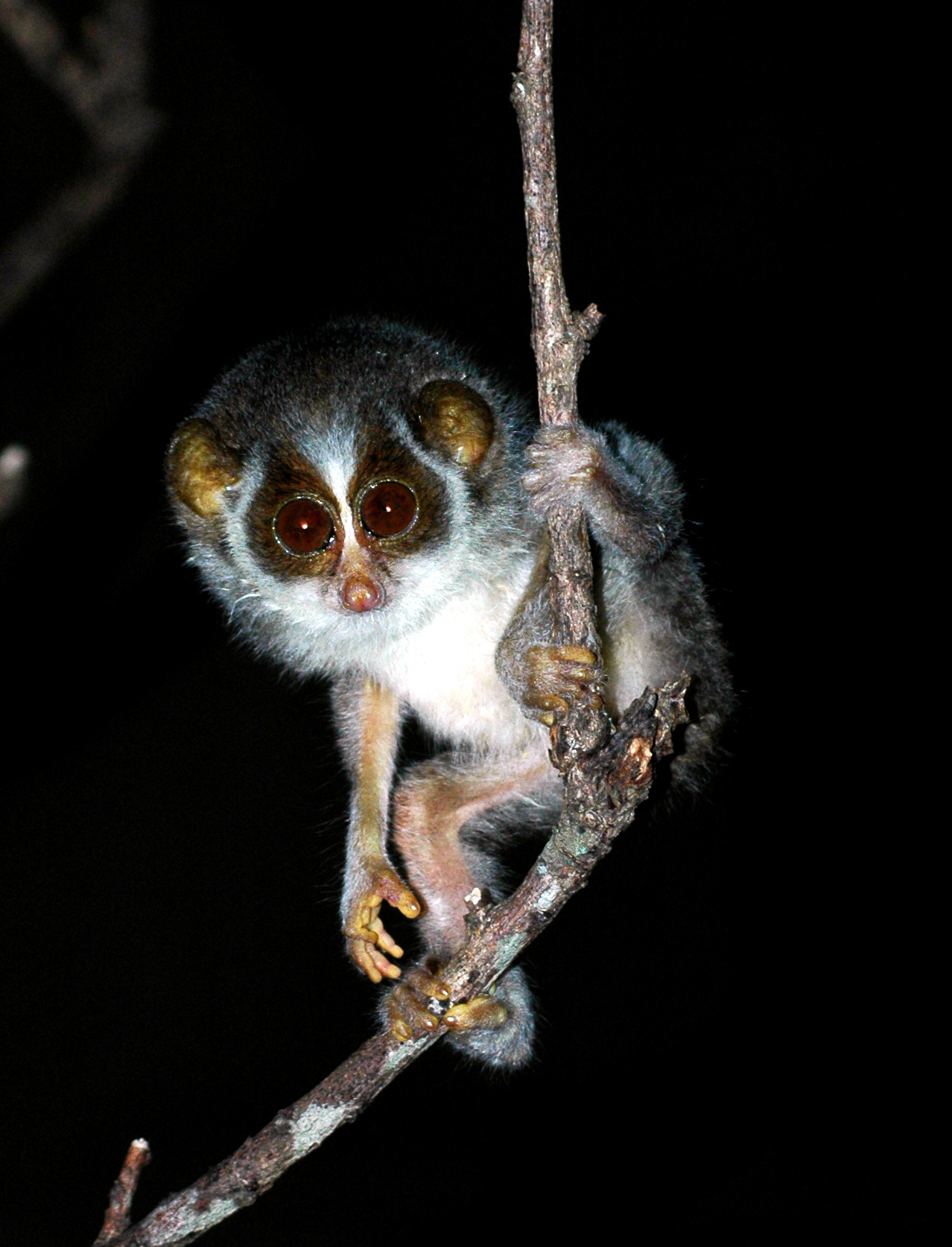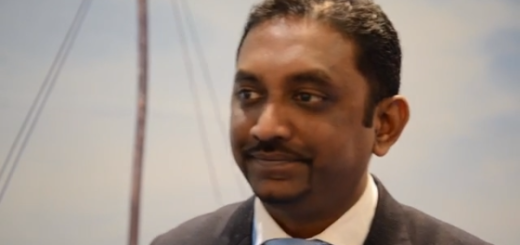Panel discussion: Critical success factors for growth
by Jetwing · Published · Updated
At the panel discussion that followed, Amana Bank Managing Director/CEO Faizal Salieh kicked off the discussion with a lively debate on the critical success factors that each panellist attributed to their company’s growth.
Faizal Saleh: What comes first – family or business?
Abbas Esufally: At the outset, it was emphasised that there is “no right or wrong way” – one has to tailor the model to what suits the family and the business. He shared the model that Hemas adopted for themselves. Hemas was a family-owned company that went through a shareholder separation about 15 years ago.
The remaining four of us were educated, looked at the business scenario figuring out what our options existed. A lot of family companies don’t get past the third generation. There were two or three key unique things that happened to us; firstly, we made a call to stay united and grow together, secondly we had to decide which came first – family or business? We had external resource personnel to assist us, and we took the call that business came first. As family unity was considered critical, we built institutions to address the family’s needs and foster our core values. This helped the process of divorcing family and business, attracting non-executive directors to bring in a culture of accountability, good governance and compliance.
At that time, in 2003, the company listed for several reasons. One – incentives to list, second – to go down the path of compliance, three – attract top people and not have any glass ceilings and finally – the need for funds.
Attracting top people was considered important – the first Chairman of Hemas was a non-family member, Deshamanya Lalith de Mel. We had a lot of people facilitating us on different levels of requirement. We are currently on the threshold of handing over the reins to a non-family CEO. This will ensure sustainability of the business.
Aslam Omar: My father started off in 1969 with Rs. 100,000 capital. My brothers, and sisters and I were young and in school. In his foresight, certain things still hold true. When he started off, in an Islamic manner, the three boys got 16% of the share ownership, and the three girls got 8% each. It was agreed that whatever we did was to be done for the company and that no one would have businesses of their own.
My brothers and I subsequently got into the holding company, and have no other personal business. That is what has kept us going. We started our life to earn money, but we’ve managed to avoid being focused on that. All earnings go back into the kitty. We had an ownership structure that still remains. We each get the same salary, and same ownership, and dividends are equal. All the money is in the holding company.
Faizal Salieh: These are some interesting insights as to how the company has separated personal interests from the running of the business, which has probably driven Brandix to its present structures. I know they follow some of the values and practices that top global companies maintain, such as risk management strategies. Let’s hear from the fourth-generation Vinod. Hirdaramani is one of those “ostrich” companies, which manages to keep a low profile.
Vinod Hirdaramani: I’m the eldest of the fourth generation, having been in the business for close to 23 years. I joined in 1991 in the apparel sector. I started in one of the 200 garment factory projects we were involved in, seeing how the whole community of the area developed from the grassroots level. I wouldn’t be here if I didn’t enjoy what I was doing. Passion and drive is important and unique in our business. Different experiences get shared. Vision and entrepreneurship is very important. One of our values is humility. I usually don’t wear a tie. We continue that even in our generation. We employ about 40,000 people throughout the region and loyalty is key. Specially during trying times, it’s great to see family come together. We’re at that stage Abbas was at 10 years ago, where we as a family have to decide on whether we put family or the business first.
Hiran Cooray: Back in 1973, my father started the hospitality business in Negombo. A Swedish tour operator convinced my father (then a building contractor) to open his own hotel. We never had a brand name, never thought of one. All these things happened accidentally. One thing that kept our business going was that our father treated my sister and I equally, and insisted on our education, giving us responsibility at a very early age. He trusted us, and appointed me at the age of 25 as the MD of the hotels side of the business. I told him it would be very difficult for me with just a paper qualification and his answer was if Castro could run a country at 29, you can run a small company at 25.
He never decided who would take over from him, and when he passed away in 2008, we didn’t know who would take the helm. The vision he had and the way he brought us up and the trust he had put in us to run the company in the same way he did, in how we treat our people. When we did not have money and struggled, we still invested in land and property, and we’re still reaping the benefits now.
Faizal Salieh: So the father took the risk of transferring responsibility to the children, which is fairly rare as founders tend to find it difficult to relinquish control. That is an interesting perspective in the Jetwing story. Could you all identify in one line, your individual core business values?
Mineka Wickramasinghe: The bonding of every person in the company. There should be no difference between any persons in the company.
Hiran Cooray: Humility, tenacity and honesty.
Vinod Hirdaramani: We are always conscious of the legacy and history of the group, and living up to the values set by our forefathers.
Aslam Omar: Trust and respect.
Abbas Esufally: Integrity and responsibility, shareholders need to see us as trustworthy. In the governance model we have created for ourselves, we ensure that our aspects are monitored via committees regularly.





